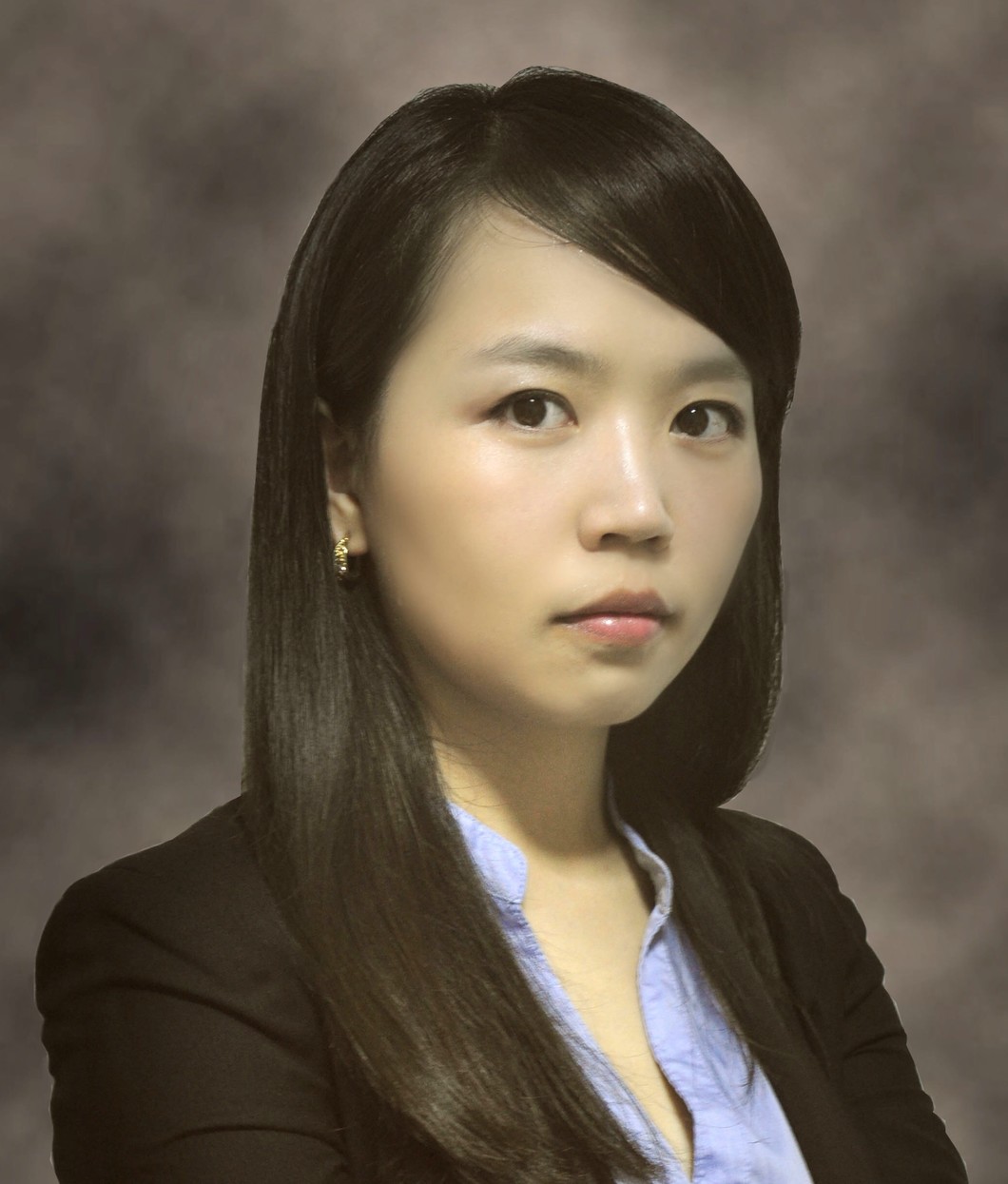Xiaojin Zhang

Researcher
Forschungsstrasse 111
5232 Villigen PSI
Schweiz
Current Responsibilities
Xiaojin Zhang joined the Technology Assessment Group in the Laboratory for Energy Systems Analysis as a research scientist in 2014. Her expertise mainly focuses on the assessment of sustainable buildings and districts, energy generation, energy storage, carbon capture, storage and utilization (CCSU) technologies using Life Cycle Assessment (LCA) and techno-economic analysis. She is also specialized in estimating technology potential considering their current and future technical performance, life cycle environmental impacts and costs development.
The projects she has worked on include:
- (2019 – 2024) Amsterdam Bilbao Citizen Driven Smart Cities (ATELIER)- a smart city project that showcase innovative solutions that integrate buildings with smart mobility and energy technologies, withAmsterdam and Bilbao being the Lighthouse cities. She is responsible for developing the monitoring and assessment framework, methodology and tools that can assess the impact of these solutions from economic, environmental and social aspects at both district- and city-level, and most importantly through a life cycle perspective and considering potential future scenarios.
- (2019 – 2020) IMPort of Electricity-based Gas (IMPEGA) – a project exploring the production and import of synthetic fuel from Iceland to Switzerland, utilizing renewable electricity and CO2 from geothermal plant in Iceland. She conducted the life cycle assessment of the explored system with fully transparent and parameterized life cycle inventory data.
- (2017 – 2020) Enabling a Low-carbon Economy via Hydrogen and CO2 Capture & Storage (ELEGANCY), in which she assessed the decarbonization of hydrogen production considering steam methane reforming (SMR) and autothermal (ATR) reforming with carbon dioxide capture, storage and utilization (CCSU).
- (2014 – 2021) Swiss Competence Centre for Energy Research (SCCER) - Heat and Electricity Energy Storage (Hae) and Energy System Integration (ESI) Platform in which she investigates the performance of various energy storage technologies including Power-to-Gas (P2G), thermal energy storage, pumped hydro storage, batteries (eg. lead-acid batteries, lithium-ion batteries and redox flow batteries) and compressed air energy storage, considering various stationary storage applications.
- (2015 - 2019) Potentials, costs and environmental burdens of electricity generation technologies for Swiss electricity supply until 2050 funded by the Bundesamt für Energie (BFE), as well as SCCER-Supply of Electricity (SoE), in which she analyzed the current and future technology performance of solar photovoltaics (PV) in Switzerland, including the technology potential, cost development and life cycle environmental impacts.
- (2014 – 2015) Life Cycle Assessment of Nuclear Power in Switzerlandfunded by Swissnuclear, in which she worked on updating the LCA model of Swiss nuclear power by taking into account the up-to-date nuclear fuel cycle, power plant operation, waste treatment and disposal.
She supervises master students and gives lectures at ETH Zurich in courses including: “CCS and the industry of carbon-based resources”, “renewable energy technologies” and “nuclear energy system”.
Education and previous activities
She received her master’s degree in environmental science and engineering from a joint master program at Nanyang Technological University in Singapore and Stanford University in the United States, after completing her bachelor’s degree at Sichuan University in 2009.
A list of recent publications by her can be found here.
Before joining Technology Assessment Group at PSI, she had worked as an environmental consultant in Singapore, advising clients from South East Asia and Australia in sustainable district planning, by modeling complex urban systems through applying systems dynamics and building energy simulations.
For further information please refer to the CV.